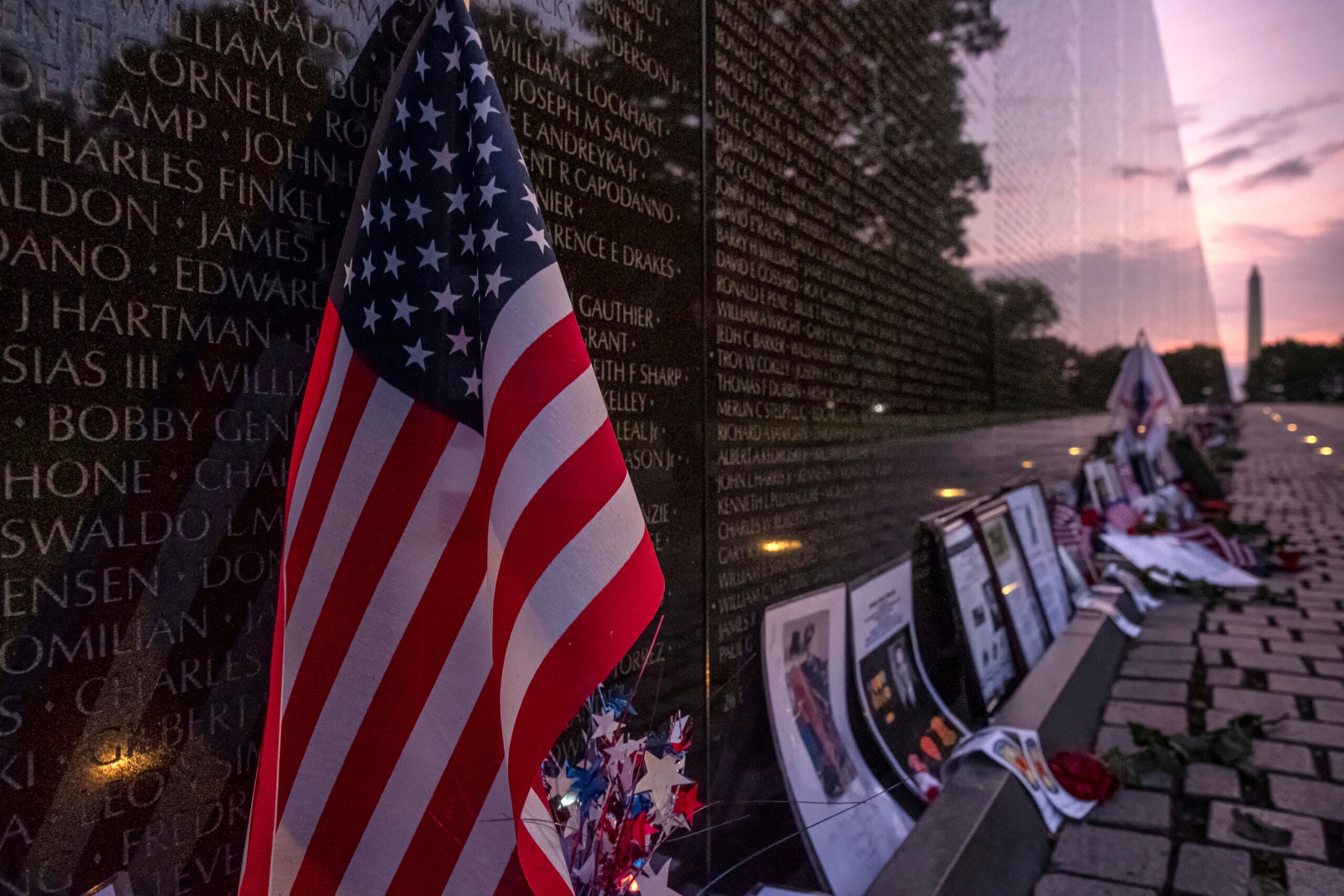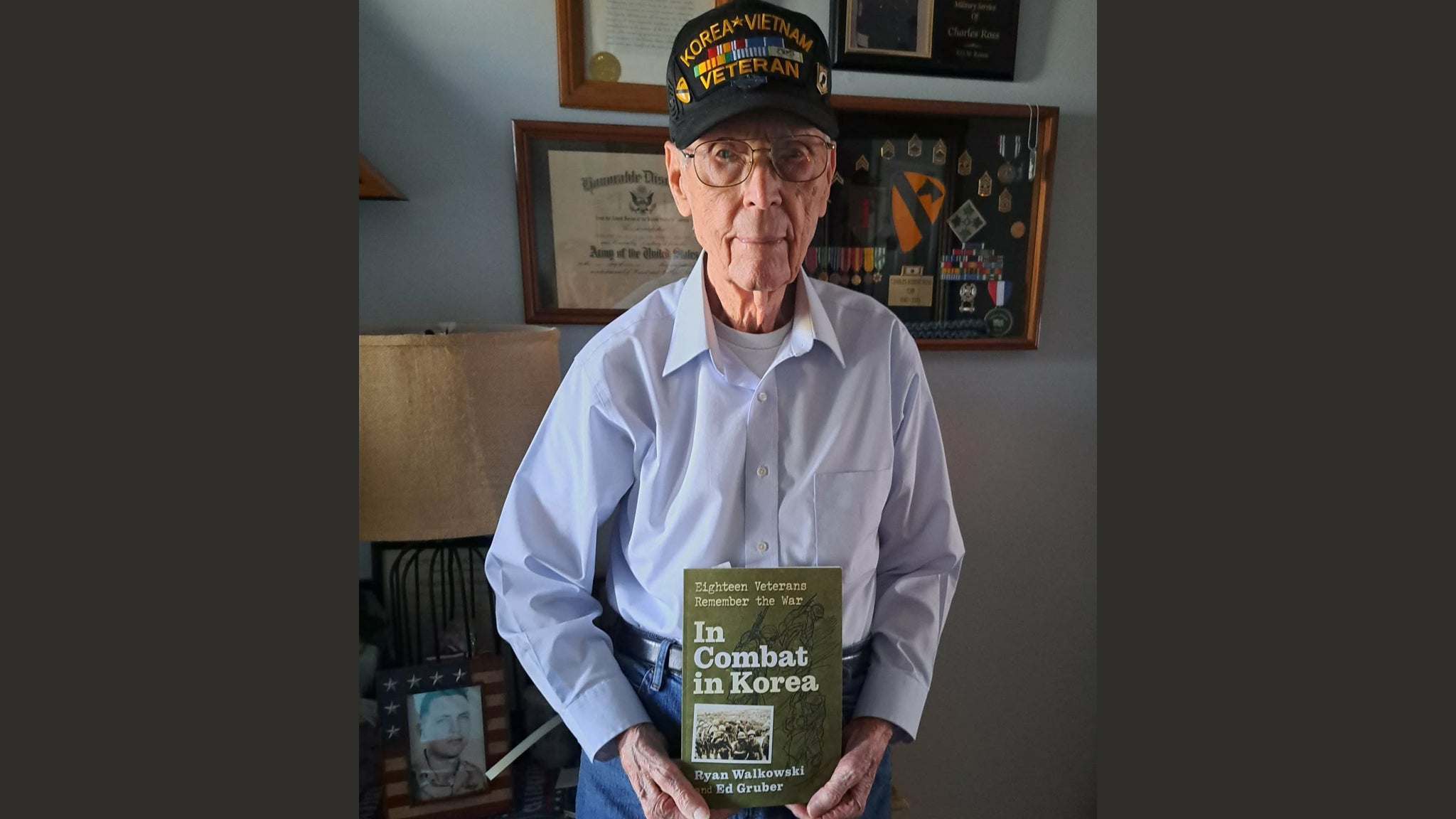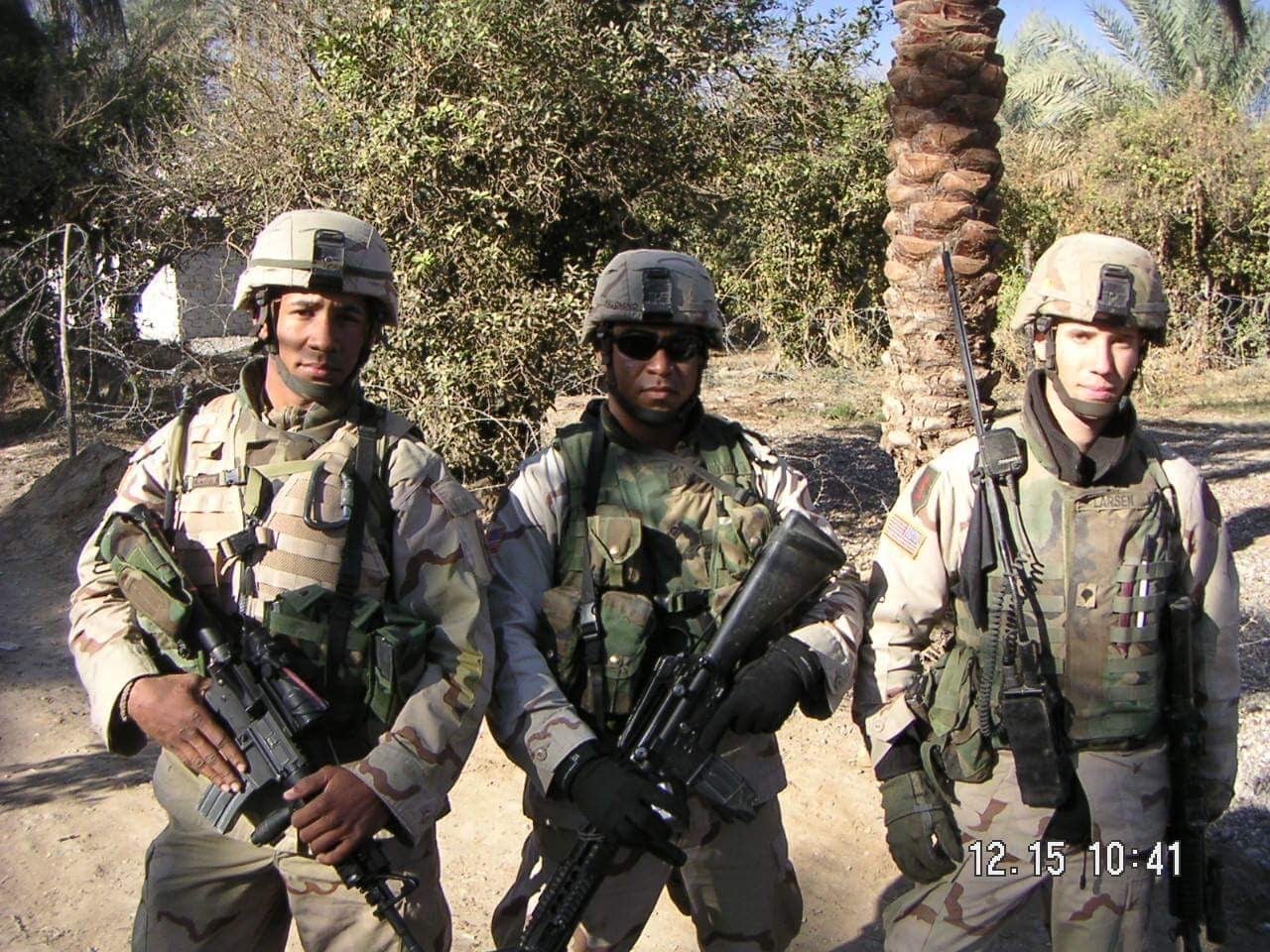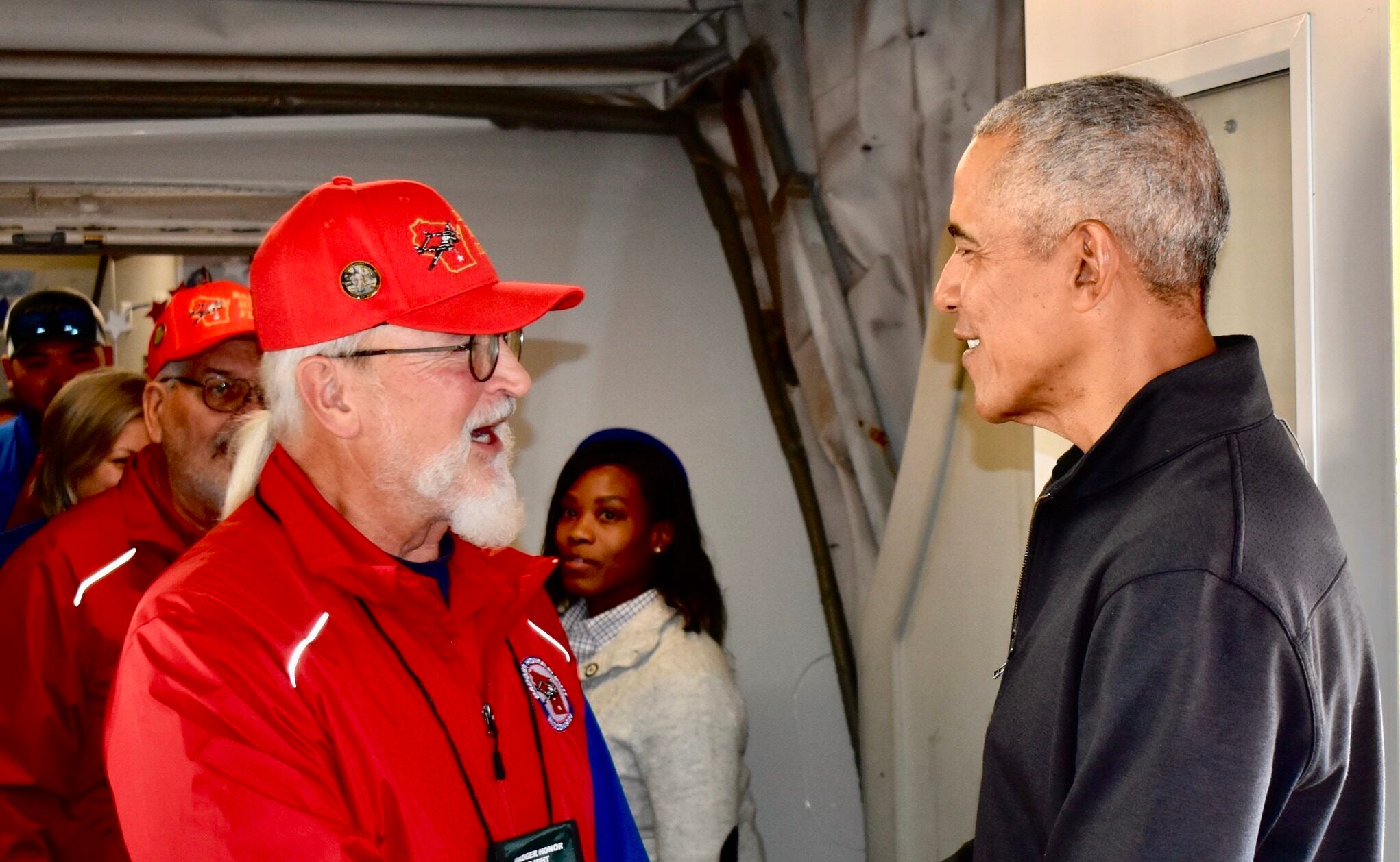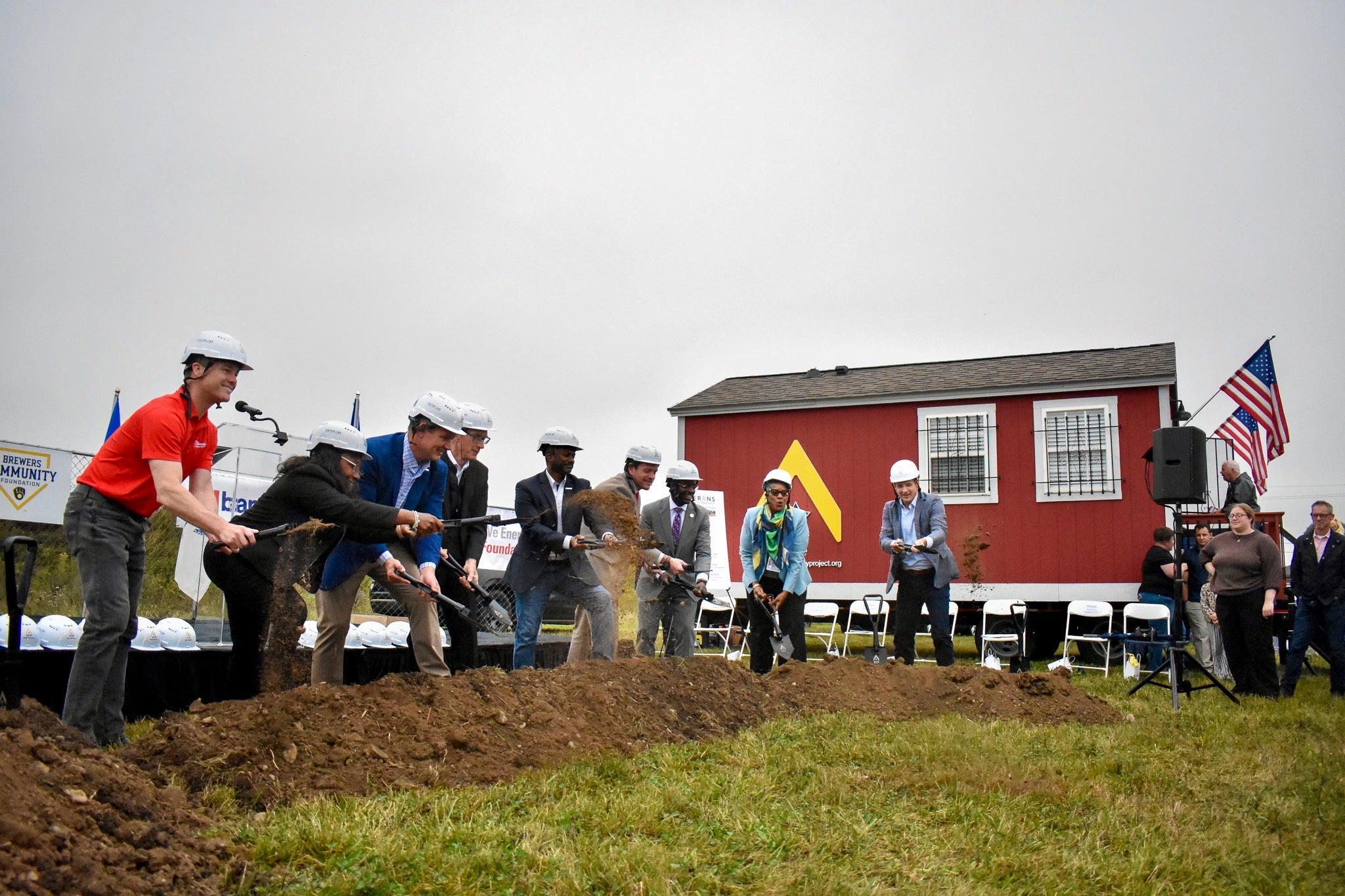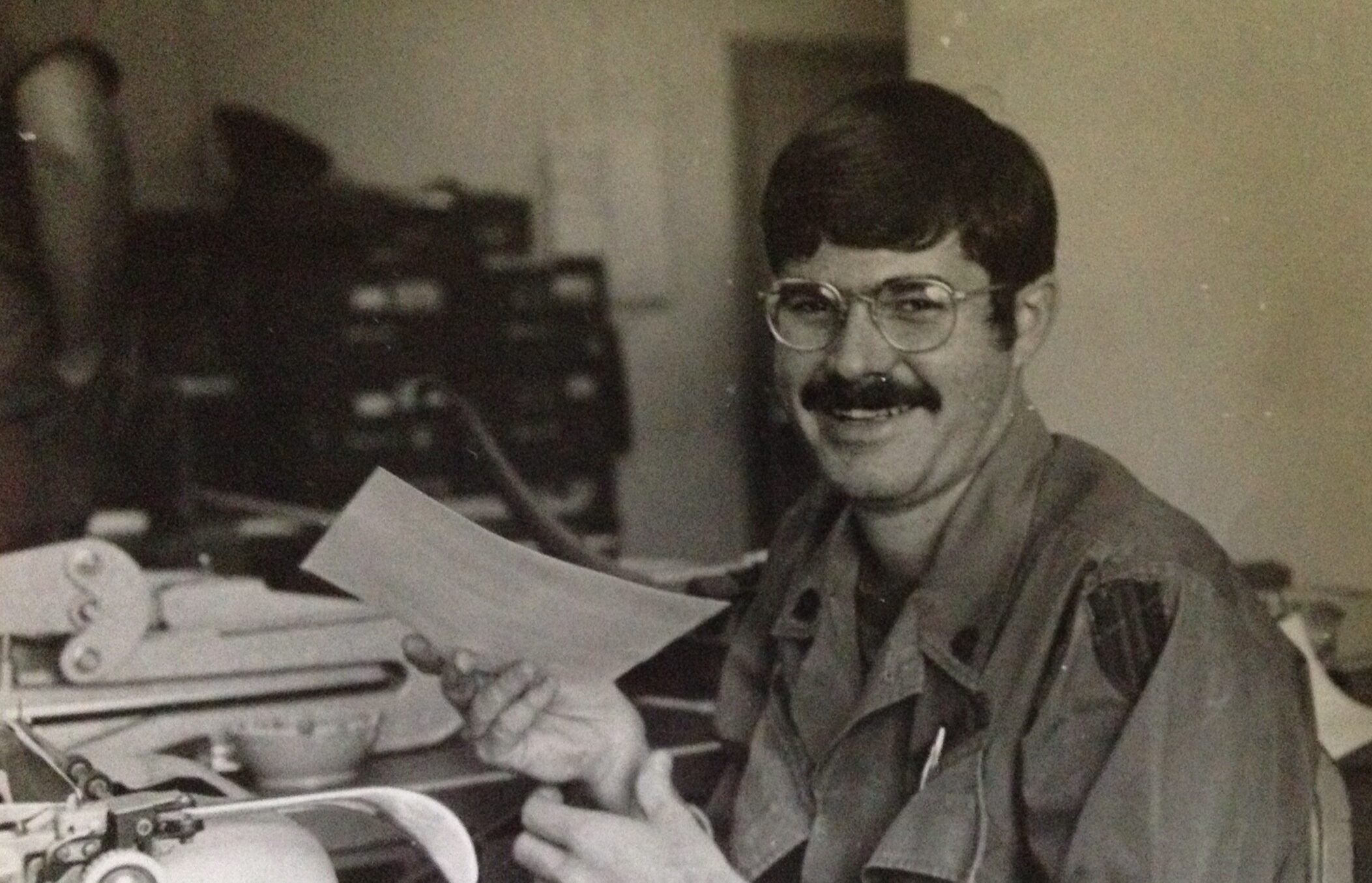When Bruce Wagner returned safely from Vietnam in June 1973, his family celebrated his safe return, not knowing that the danger he faced was still very much a reality.
Years later, Wagner’s family mourned his death from a cancer that doctors confirmed was connected to his exposure to Agent Orange. Like hundreds of thousands of other service members who lost their lives after coming home, he was unaware the herbicide he sprayed while fighting in the jungle was a deadly poison. He died in 2010.
In June, Wagner — from Manitowoc County — was one of more than 650 Vietnam veterans who lost their lives due to complications from Agent Orange exposure, the effects of PTSD, suicide and more who were honored in Washington, D.C.
News with a little more humanity
WPR’s “Wisconsin Today” newsletter keeps you connected to the state you love without feeling overwhelmed. No paywall. No agenda. No corporate filter.
His sister, Lynn Wimmer, was at the ceremony to ensure her brother’s legacy lives on.
Wimmer, of Stevens Point, told WPR’s “Morning Edition” that she is grateful her brother’s heroism and sacrifice has been acknowledged after a yearslong struggle.
“Luckily, my siblings and I and his wife were all holding him when he left us,” Wimmer said. “I was so blessed to have the opportunity to tell him how proud I was of him and how brave he was, and that in my mind, he was my hero.”
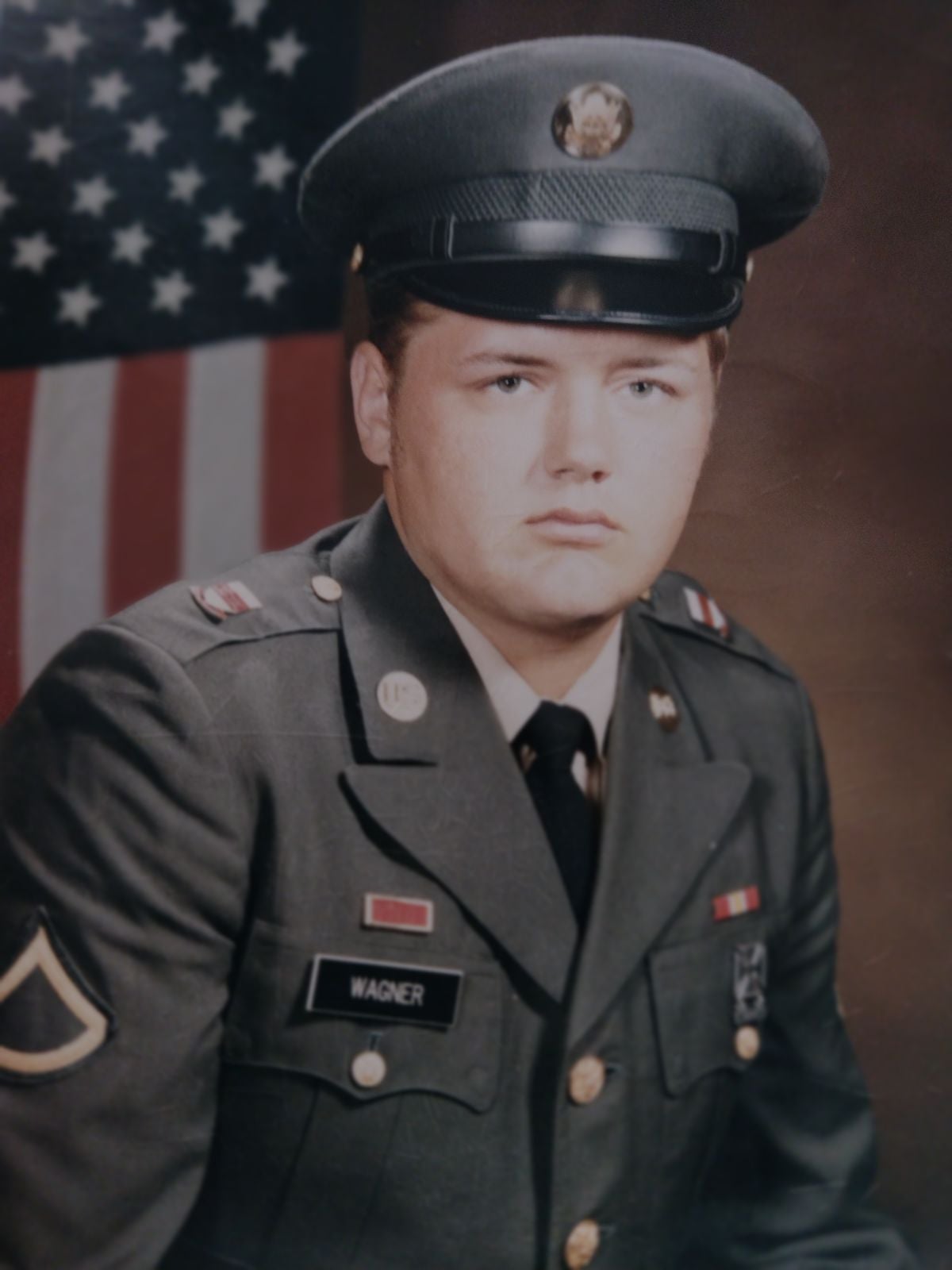
The following transcription was edited for brevity and clarity.
Shereen Siewert: What did it feel like to see your brother and other soldiers who were exposed to Agent Orange recognized for their sacrifice?
Lynn Wimmer: It was long overdue. These soldiers came home and they thought they were home safe. They thought everything was great. They escaped injuries in Vietnam, but their their death date already was labeled because of Agent Orange.
My brother came home. We were thrilled that he was home safe and sound, and lo and behold, years later, he develops suddenly a brain tumor, malignant. He went in for surgery and treatment. They sent the brain tumor to Johns Hopkins, and doctors there confirmed that it was directly linked to Agent Orange. He went through radiation and surgery and did well for a while, and then all of a sudden, he started having symptoms again, and it was back.
Over a course of about two years, it had multiplied and multiplied and multiplied, despite the chemotherapy and radiation. He also developed diabetes from Agent Orange and a skin condition. It was definitely a nasty, nasty chemical.
SS: Tell us about the ceremony that you attended.
LW: Oh, it was beautiful. It was a huge ceremony and the whole thing was set up in front of the Vietnam Wall. We had a fighter pilot who was the emcee and talked about how these soldiers had fought just as hard as anybody else did. Unfortunately, when they came home, they were not safe.
Each of us had the opportunity to order a t-shirt that had our relative’s name on it, saying it was in honor of the veterans who came home and were affected by Agent Orange and lost their lives. We were given a picture with our with loved one’s name, which was framed, and we all got an opportunity to go up on stage to introduce them and say which branch of service they were in. We were also given flags that said we were honoring our Vietnam vets during the ceremony.
It was absolutely beautiful, so well done. I felt like my brother was honored. The ceremony was just so beautiful and so respectful.
SS: Is there a sense of community that you feel with the family members that you’ve met along the way in this experience? What is that like?
LW: Well, everybody’s grieving their loved one. Some of these people just lost their loved ones within the last year and they were very deep into their grief. Everybody seemed to embrace everybody.
If there were people who went up on stage to announce their person’s name and started to cry, it was like everybody cried with them. We are all grieving for the loss of someone we really loved due to no fault on their part. It also felt like there was a deep sigh, knowing they’ve finally been remembered and acknowledged.
SS: It took a long time for the U.S. government to recognize the effects of Agent Orange on veterans’ health. How frustrating was that for your family?
LW: It was very frustrating for us because at first we didn’t know what was going on with my brother. He was a truck driver when he had a grand mal seizure in his truck. Luckily, he was talking to his dispatcher at the time. She’s the one who recognized that he was having a grand mal seizure and was able to get 911 to his destination in Iowa, so from there, he was transferred to Cedar Rapids, where they diagnosed a brain tumor.
SS: What do you miss most about your brother?
LW: He was silly. He enjoyed a really good joke. He always had stories. He always kept me up on what was going on with neighbors and friends and fellow high school graduates. H would call me just to tell me a dirty joke.
I miss him a lot. It’s like a huge hole in the family. We had just lost mom and dad a year and a half before he died. You know, you get together with the family and now there’s only one brother and there’s no mom and dad. It changes the whole family dynamics.
If you have an idea about something in central Wisconsin you think we should talk about on “Morning Edition,” send it to us at central@wpr.org.

